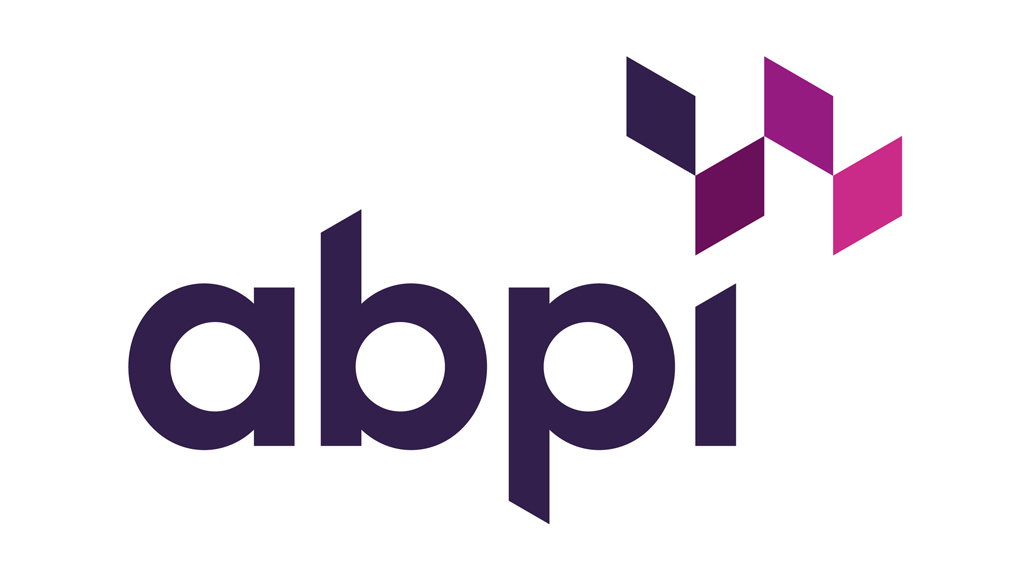The Association of the British Pharmaceutical Industry (ABPI) has released its manifesto for the Scottish Government, calling for political leaders to act now and make Scotland a leading partner of choice for life sciences and health innovation.
Titled ABPI Scotland: A Manifesto for Health and Growth, the document was released in advance of the upcoming Scottish Parliament elections. It calls on all parties to adopt policies aimed at improving patient outcomes, enhancing NHS delivery, and drawing internationally mobile investment in research, development, and advanced manufacturing. The pharmaceutical sector, the ABPI noted, underpins Scotland’s economy by supporting more than 15,000 high-value jobs and generating over £1.7 billion annually, achievements built on collaboration among the “triple helix” of government (the NHS), academia, and industry.
Despite the strengths of Scottish pharma sector, uptake of new medicines remains inconsistent, leaving patients facing what the ABPI described as postcode lotteries and delays. These challenges, it warned, risk deepening inequalities, forcing some to seek private care while others experience worsening health and financial strain. Richard Torbett, Chief Executive of the ABPI, stressed: “Better health and a stronger economy go hand in hand, and Scotland can have both. With the right policy choices, Scotland can become a powerhouse for the discovery, development and delivery of cutting-edge medicines, vaccines and diagnostics. He added: “The next Scottish Parliament offers a critical window to reset industrial and NHS innovation policy to attract investment and benefit patients, but global competition for that investment has never been higher. The opportunity from Scotland’s life sciences sector is real — but unlocking it depends on bold choices that put research, innovation and patient access at the heart of Scotland’s health and industrial strategy.”
The manifesto highlights the need to accelerate patient access to new medicines and vaccines, strengthen the Scottish pharma sector in research and innovation, and drive digital transformation through responsible use of health data. Currently, patients wait an average of 374 days for access to licensed medicines, while only 28% of treatments available to European patients are fully accessible in Scotland — compared with 90% in Germany and 37% in England. Torbett emphasized: “Every patient should be able to access Scottish Medicines Consortium (SMC) – approved treatments quickly, consistently and fairly. Spending on medicines must be recognised as an investment in health as well as NHS efficiency and financial sustainability. By investing in cutting-edge treatments and vaccines, we can drive disease prevention, improve treatable mortality, and generate economic growth for Scotland by reducing economic inactivity.”
To address these challenges, the ABPI set out three areas for government focus.
First, to guarantee patient access to advanced treatments and vaccines:
- Incentivising rapid adoption by Health Boards
- ensuring the Scottish Medicines Consortium is properly resourced
- requiring transparency through adoption reporting
Second, to establish Scotland as a hub for research and innovation:
- Expanding “triple-helix” collaboration through initiatives such as the CATALYST programme
- Improving transparency in trial income reporting
- streamlining approvals with “Once for Scotland” approach.
- Reinforcing NHS–industry partnerships.
Third, to advance the use of health data:
- Implementing a national strategy led by the Health Secretary,
- Investing in core infrastructure such as disease registries
- Building public trust through transparent governance and annual progress updates.























